It’s a busy time for film buffs in Los Angeles.
The COLCOA French Film Festival opens tonight, Monday, April 20, with an elegant reception and the opening night film, a thriller called “A Perfect Man,” directed and co-written by Yann Gozlan and starring Pierre Niney and Ana Girardot.
It’s a story of shifting identities as a struggling author stumbles upon a wildly unethical way to make the best-seller list.
With echoes of Patricia Highsmith’s Mr. Ripley, “A Perfect Man” strikes us as a divinely decadent way to kick off this wonderful festival, now in its 19th year.
There is much to see this year (check the COLCOA site for info on free screenings and cool events) and we are counting the days until Friday’s Film Noir Series.
The fest takes place at the Directors Guild of America, 7920 Sunset Blvd., Los Angeles, 90046.
Sunday was the closing day of an essential film fest, for noiristas and others: Noir City Hollywood, presented by the American Cinematheque in collaboration with the Film Noir Foundation. The foundation’s urbane noirphiles Eddie Muller and Alan K. Rode were on hand throughout the fest to introduce the movies. This year, they brought another excellent selection (heavy on adaptations of the great master of pulp suspense Cornell Woolrich).
The lineup included a real find: the American debut of three almost unknown but brilliantly done and stunningly visualized film noirs from Argentina: “The Black Vampire” (Roman Vinoly Barreto, 1953), a remake of Fritz Lang’s “M,” and superb adaptations of Woolrich stories in “Never Open That Door” (Carlos Hugo Christensen, 1952) and “If I Should Die Before I Wake” (Christensen, 1952).
The fest wrapped up with a four-movie proto-noir marathon:
“The Ninth Guest” (1934, Roy William Neill) a mystery with a generous dollop of Deco glam.
“Let Us Live” (1939, John Brahm) featuring the great Henry Fonda as a wrongly identified killer and a riveting performance from Maureen O’Sullivan as his girlfriend.
“Heat Lightning” (1934, Mervyn LeRoy) a pre-Code delight about two sisters (Aline MacMahon and Ann Dvorak) running a garage and car-repair shop in the desert and ridding the place of rats, such as fleeing criminal and old flame (Preston Foster).
“Safe in Hell” (1931, William Wellman) Dorothy MacKaill is unforgettable as a sparkling blonde siren who spends the entire movie fighting off men as she waits in vain on a Caribbean island to be with the guy she truly loves (Donald Cook).
My attendance was spotty this year because I had to leave town unexpectedly (such is life for a femme fatale) but my colleague Mike Wilmington caught quite a few.
Other highlights from this year’s fest were: “Woman on the Run,” “The Underworld Story,” “Abandoned,” “Circle of Danger,” “Berlin Express,” “Ride the Pink Horse,” “The Fallen Sparrow,” and “The Guilty” as well as that triple bill of Argentinian film noir.
The closing-weekend party was loads of fun, especially since I won a nifty raffle prize! I definitely needed my drink tickets that night. Why? By the small but mighty curveball in “The Guilty” when the lead character (Don Castle) reveals that he is studying “commercial geography” to land a good job.
What??? Education and hard work to get ahead? Was the movie going to start preaching about the virtues of a work ethic? Aaargh! Thankfully, this was, in fact, a temporary glitch and the character turned out to be crazy-bad.
Phew! I was freaked out there for a moment but everything was just as it should be in Noirville.
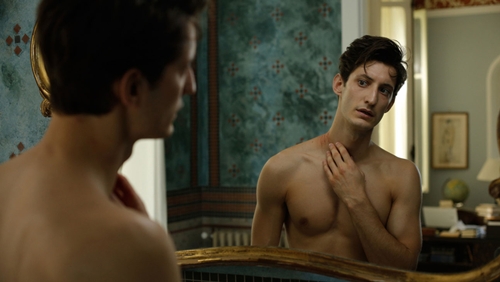
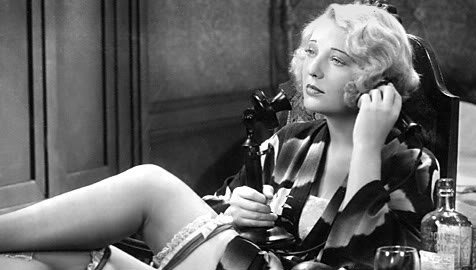
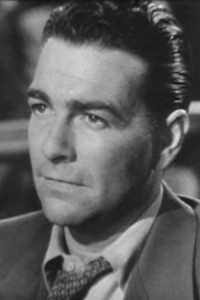





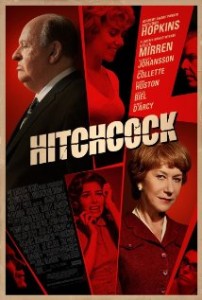
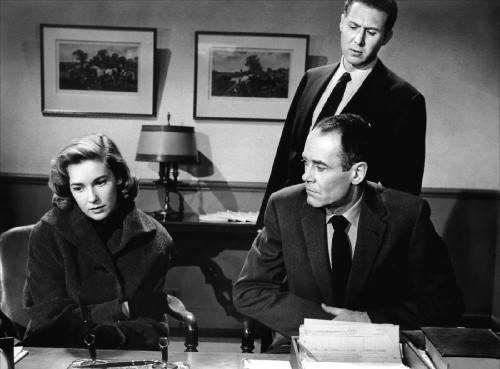
![Bonjour Tristesse DVD[1]](http://www.filmnoirblonde.com/wp-content/uploads/2012/11/Bonjour-Tristesse-DVD11.jpg)
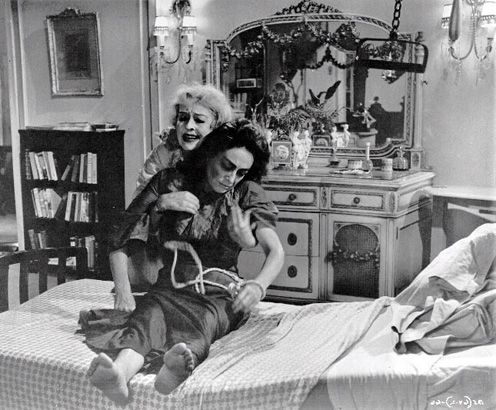
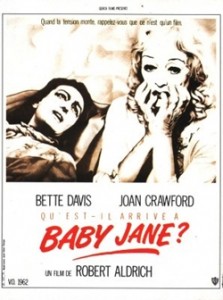






From FNB readers